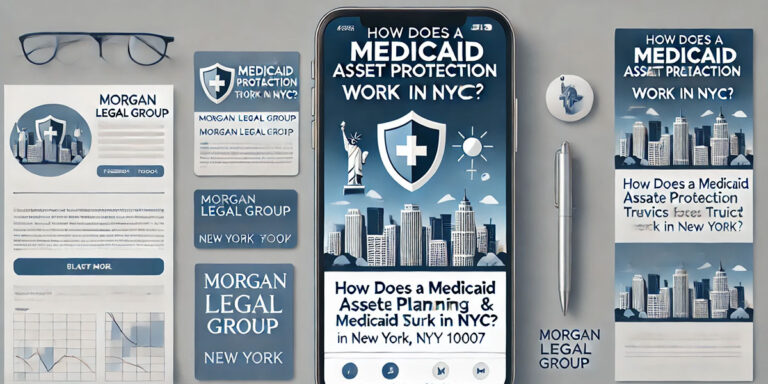
How Does A Medicaid Asset Protection Trust Work In NYC?
Protecting Your Future: Understanding Medicaid Asset Protection Trusts in New York City Planning for long-term care can be daunting, particularly when considering the significant costs


Home » Probate Attorney » Page 7

Protecting Your Future: Understanding Medicaid Asset Protection Trusts in New York City Planning for long-term care can be daunting, particularly when considering the significant costs

Navigating Life’s Transitions: Expert Legal Guidance in New York Life is a journey filled with significant milestones and transitions. At Morgan Legal Group, we understand

When Should You Start Estate Planning? Estate planning is aiportant for securing your future and protecting your loved ones. While many delay starting their estate
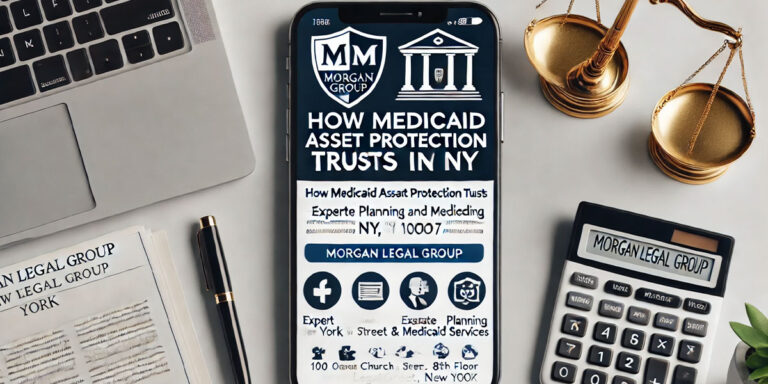
Understanding Medicaid Asset Protection Trusts in New York What Is a Medicaid Asset Protection Trust (MAPT)? A Medicaid Asset Protection Trust (MAPT) is a powerful

Estate Planning and Trusts: Securing Your Legacy Understanding the Basics of Estate Planning Estate planning is a vital process that ensures your assets are protected,

Why Should You Hire an Estate Planning Lawyer in New York? Understanding Estate Planning Estate planning involves organizing and managing your assets to ensure they
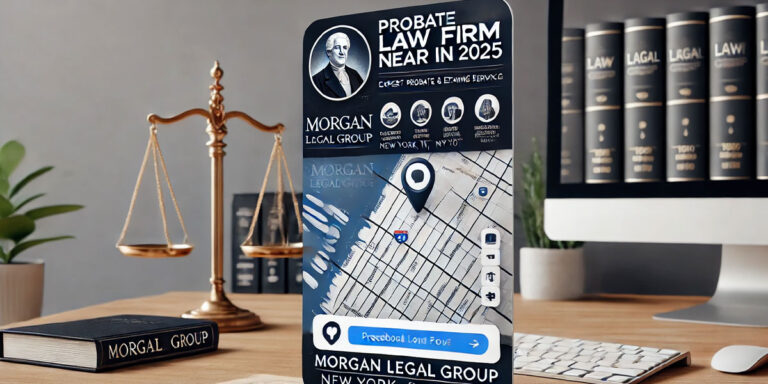
Finding the Right Probate Law Firm Near You in 2025 Understanding Probate in New York Probate is the legal process of administering a deceased person’s

Understanding Digital Assets in Estate Planning What Are Digital Assets? Digital assets encompass a wide range of intangible properties stored electronically. These can include cryptocurrencies,

Expert Estate Planning Attorneys in Manhattan Planning for the future is essential to protect your assets and ensure your loved ones are cared for. At

Russel Morgan Shares Legal Insights on Protecting Yourself Against Unauthorized Charges Unauthorized charges can be frustrating and financially burdensome, especially from subscriptions or auto-renewal agreements.

Understanding Guardianship in New York for 2025 The Importance of Guardianship Guardianship is a vital legal tool that ensures the welfare of individuals who cannot

Welcoming 2025 with Morgan Legal Group A Message from Morgan Legal Group As we step into 2025, we at Morgan Legal Group extend our heartfelt
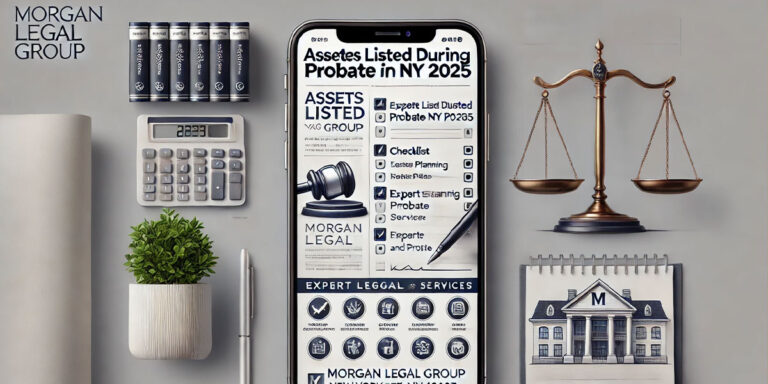
Understanding Which Assets Are Liable to Be Listed During Probate in New York 2025 Introduction to Probate Asset Listing Probate is a legal process that

Smart Strategies to Minimize Estate Taxes in New York The Challenge of Estate Taxes in New York Estate taxes can significantly reduce the assets passed

Living Trusts on Long Island: Secure Your Legacy For Long Island residents, securing your family’s future and legacy is a primary concern. Estate planning, therefore,

🎄 Happy Holidays & Wishing You a Prosperous 2025! 🎉 Reflecting on a Successful 2024 As we bid farewell to 2024, Morgan Legal Group is

Estate Planning Attorney Near Me in New York 10001 Why You Need an Estate Planning Attorney in NYC Estate planning is not merely for the
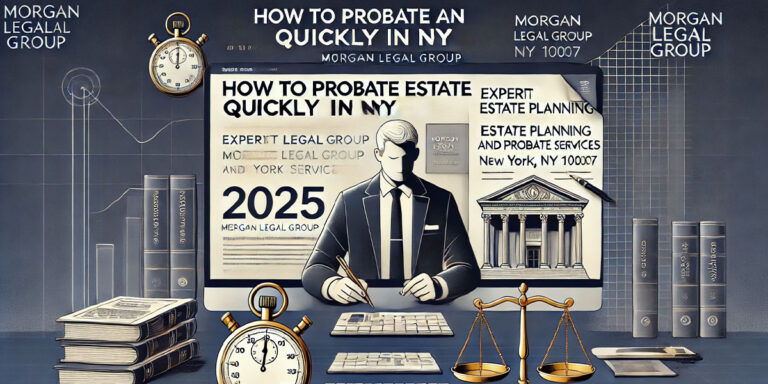
How to Probate an Estate Quickly in New York 2025 Introduction: Simplifying Probate in New York Probate in New York can be time-consuming, often compounded
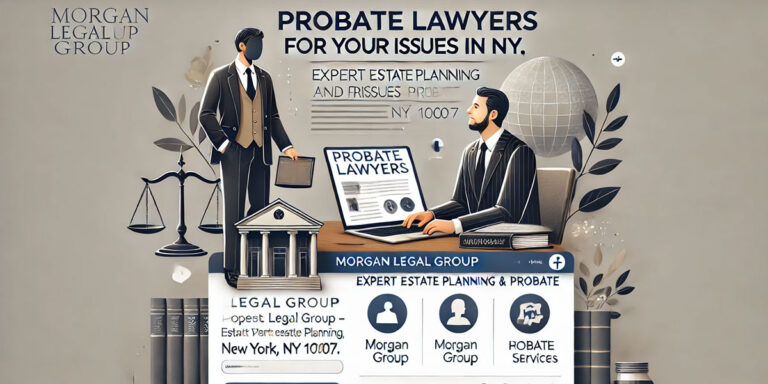
Why You Should Let a Probate Lawyer Handle Your Probate Issues Understanding the Probate Process in New York Probate is a legal process that validates

Let a Probate Lawyer Handle Your Probate Issues Understanding the Probate Process in New York Probate is the legal process of administering a deceased person’s

Legal Will and Testament Attorney Tips in Queens, NY Understanding the Importance of a Legal Will A legal will is a critical document that outlines
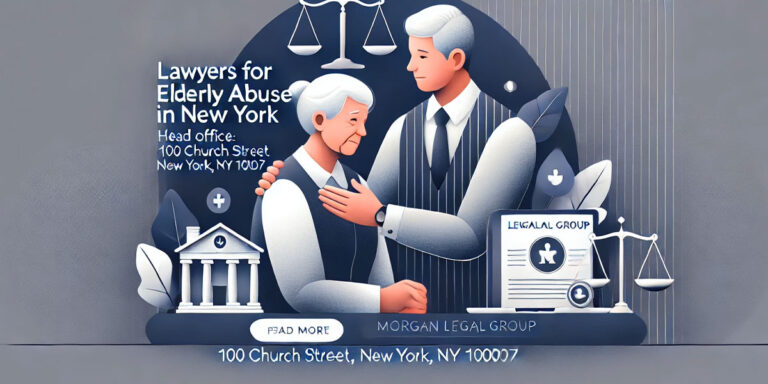
Lawyers for Elderly Abuse in New York Understanding Elderly Abuse in New York Elderly abuse is a pervasive and often underreported issue affecting seniors across
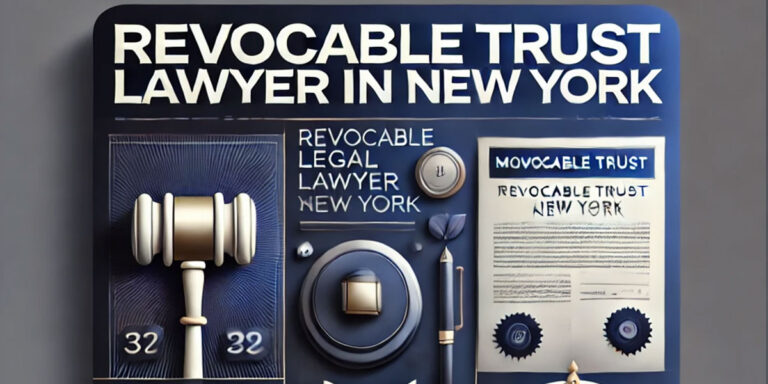
Revocable Trust Lawyer in New York Understanding Revocable Trusts A revocable trust, also known as a living trust, is a powerful estate planning tool that
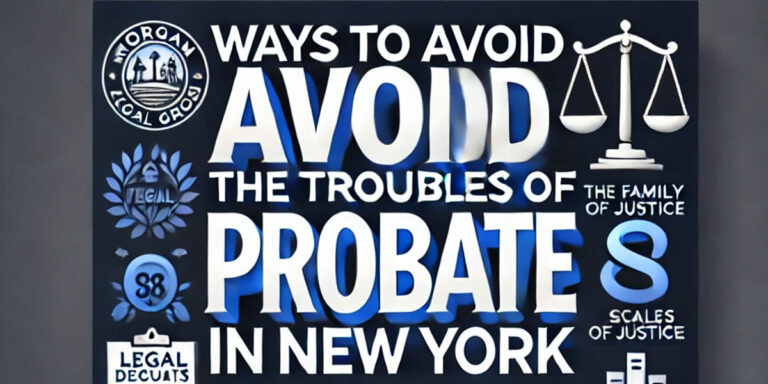
Ways to Avoid the Troubles of Probate in New York Understanding the Probate Process Probate is the legal process by which a deceased person’s estate

Estate Planning Tips for Entrepreneurs in New York Introduction: Why Entrepreneurs Need Estate Planning For entrepreneurs, estate planning is more than a personal necessity; it’s

The Top Reasons to Hire a Retirement Planning Attorney in New York Introduction: Why Retirement Planning Matters Retirement planning is not just about financial security

Five Simple Steps to Protect Your Assets in New York Why Asset Protection Matters Asset protection is more than just safeguarding wealth—it is about securing

Wills and Trusts in New York: Your 2024 Comprehensive Guide As we approach 2024, the estate planning landscape in New York continues to evolve. Understanding

All About Estate Planning in NYC, New York 2024 As we approach 2024, the landscape of estate planning in New York City presents both new

Understanding Wills and Trusts in New York Wills and trusts are essential tools for estate planning in New York. Each serves distinct purposes and offers
Ⓒ 2025 - All Rights Are Reserved | Privacy Policy | Estate Planning Attorney NYC | Sitemap